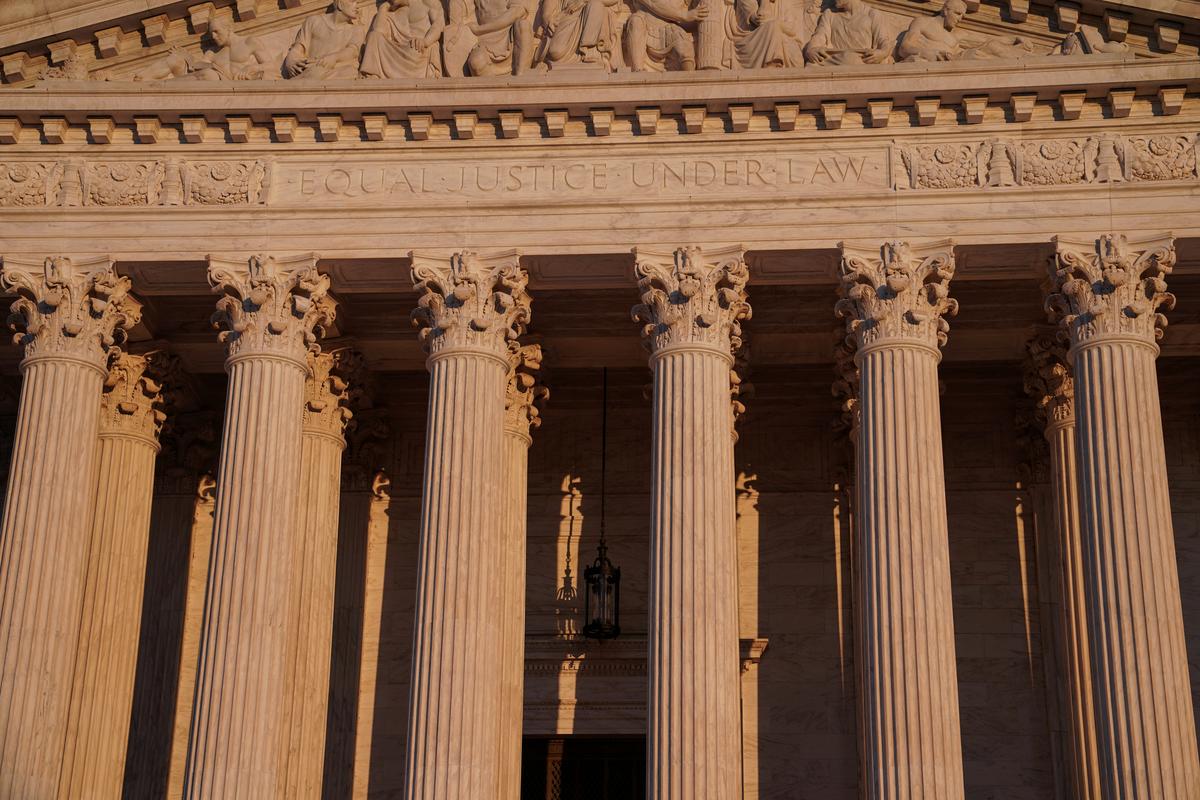WASHINGTON (Reuters) – The U.S. Supreme Court ruled on Monday that the constitutional guarantee of trial by jury requires a unanimous verdict for serious crimes, siding with a Louisiana man convicted of murder and paving the way for potentially hundreds of defendants found guilty by divided juries to receive new trials.
FILE PHOTO: The Supreme Court building exterior seen in Washington, U.S., January 21, 2020. REUTERS/Sarah Silbiger./File Photo
Only two of the 50 states, Louisiana and Oregon, have permitted non-unanimous verdicts. Writing for the court in the 6-3 ruling, conservative Justice Neil Gorsuch noted that the non-unanimous verdict requirement in both states traced back to past racist policies intended to reduce the power of non-white jurors to influence the outcome of trials.
The ruling, overturning a 1972 Supreme Court precedent, means that Evangelisto Ramos, who was convicted by a 12-member jury on a 10-2 vote, is likely to get a new trial. Ramos, found guilty in the 2014 New Orleans murder of a woman named Trinece Fedison whose body was found in a trash can, was sentenced to life in prison without the possibility of parole

